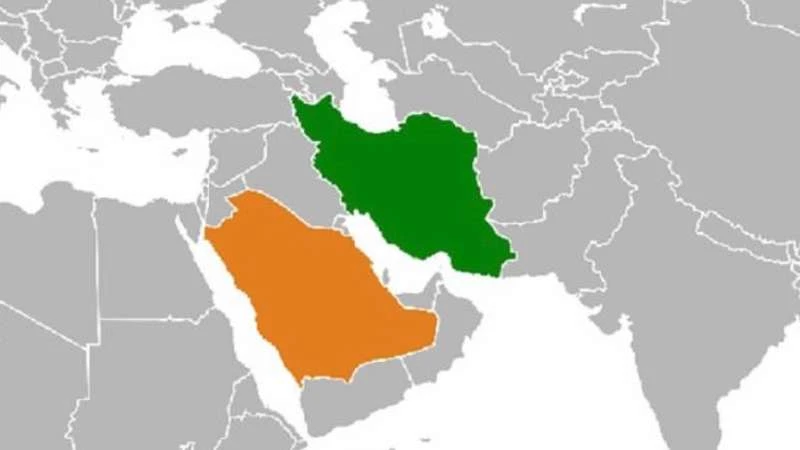This statement came from Iranian Foreign Minister Javad Zarif at the World Economic Forum (WEF) in Davos. Before a large international audience, he expressed his country’s desire to cooperate with Saudi Arabia in order to resolve the problems of “Syria, Yemen, Bahrain and elsewhere in the region.”
What was offered to Saudi Arabia in an open forum by the Iranian minister was a proposal for joint action to end conflicts in the region. It is a new call.
Why? Are we seeing a shift in Iran’s aggressive policy, which considered its aim to put Saudi Arabia and its allies under siege? Or is it an Iranian desire to preempt developments on the international scene? Is it perhaps due to a change in US policy due to Obama’s departure and the arrival of a new US administration, which has openly expressed its intention to confront Iran?
Or is there another possibility that we should ignore the signals sent by Russia that it does not want to remain an ally and partner in the war with Iran and Syria?
The third possibility is that Zarif’s remarks about his country’s desire to cooperate with Saudi Arabia are only talk in a public relations program to improve the image of the Republic of Iran at Davos.
What was suggested by Zarif about the prospects of cooperation between Saudi Arabia and Iran, specifically to work together to end the conflicts in the region, is not something to be condemned but it is strange that it was voiced by Iran.
It might be a positive development but for the fact that the Tehran regime’s interpretation of “cooperation” means that we accept what is imposed by Iran including, for example, its aggression in Syria and Yemen. Iran is now seeking to impose its idea of “cooperation” in Syria at the Astana conference; it attempted something similar in Bahrain but the idea was turned down by the Gulf states.
Was there, indeed, any real cooperation between the two countries in Lebanon? Was there anything that could serve as a model worthy of reproducing?
The acceptance of Michel Aoun as president of Lebanon happened after a tug of war between the Lebanese forces themselves. And after Lebanon’s being without a president for a long period which prevented action by government and state institutions, Iran’s agents were not able to achieve their aims. This was especially true when Saudi Arabia announced that it would not involve itself in Lebanon’s problems. Even when it came to removing garbage from the streets in Beirut, the Iranians were not successful.
As long as the new Lebanese government does not adopt hostile attitudes toward Saudi Arabia and does not allow hostilities and as long as the Lebanese factions are satisfied, Riyadh’s reservations will no longer apply — and that is what has happened.
As for the oil cooperation referred to by Zarif, the fact is that the cooperation occurred between Saudi Arabia and Russia without Iran’s involvement. The Russian government vowed to pressure the Iranians to respect their share of the previously agreed production.
This does not mean that what Zarif said was, in essence, wrong: “I see no reason for hostile policies between Iran and Saudi Arabia. Indeed, we can work together to end the tragic situation of the people of Syria, Yemen, Bahrain and elsewhere in the region.”
In the region, Iran is the only country that has an aggressive policy. The Gulf countries and other countries in the region, on the other hand, resort to defensive policy against Iran.
Zarif does not want his country to wage wars where hundreds of thousands of people are killed and millions displaced. Surely he can discover for himself and his country that there is no reasonable cause to be in a state of animosity with its neighbors.
Tehran has succeeded in creating militias from around the region; the purpose of the militias is to wage war and perpetrate terrorist attacks. This policy has, however, produced trouble for Iran as it has led to both ethnic and sectarian conflicts.
It forced the countries in the region to shift to wars of self-defense. These wars have been caused by Iran which is directly involved in the fighting in Iraq and Syria and is also funding the rebels in Yemen.
Is it appropriate for countries in the region, specifically the Gulf, to cooperate with Iran? I think it is unlikely in light of Iran’s military offensive. What we can see now is that it is sabotaging all efforts at reconciliation. The Iranian forces on the ground tried to sabotage the Aleppo agreement between Russia and Turkey, and are putting pressure on the Houthi rebels in Yemen to reject the political solution after they accepted it.
Abdulrahman Al-Rashed (Arab News)



التعليقات (0)